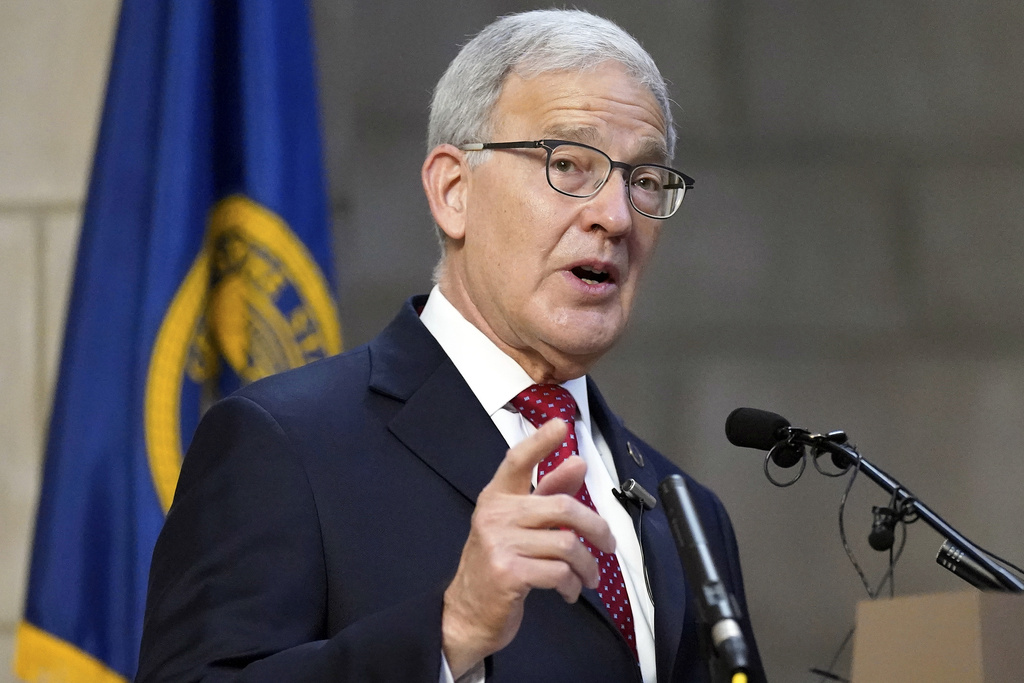His death, which has not yet been confirmed, would be a significant moment in Israel's yearlong war against the Hamas terrorist group.
Sinwar was an early member of Hamas, which was formed in 1987. He eventually led the group's security arm, which worked to purge it of informants for Israel.
Israel arrested him in the late 1980s and he admitted to killing 12 suspected collaborators, a role that earned him the nickname “The Butcher of Khan Younis.” He was sentenced to four life terms for offenses that included the killing of two Israeli soldiers.
Sinwar organized strikes in prison to improve working conditions. He also studied Hebrew and Israeli society.
He survived brain cancer in 2008 after being treated by Israeli doctors.
Sinwar was among more than 1,000 Palestinian prisoners released in 2011 by Prime Minister Benjamin Netanyahu as part of an exchange for an Israeli soldier captured by Hamas in a cross-border raid.
When Sinwar returned to Gaza, he quickly rose through Hamas' leadership ranks with a reputation for ruthlessness. He is widely believed to be behind the 2016 killing of another top Hamas commander, Mahmoud Ishtewi, in an internal power struggle.
Sinwar became head of Hamas in Gaza, effectively putting him in control of the territory, and worked with Haniyeh to align the group with Iran and its proxies around the region while also building the group's military capabilities.







